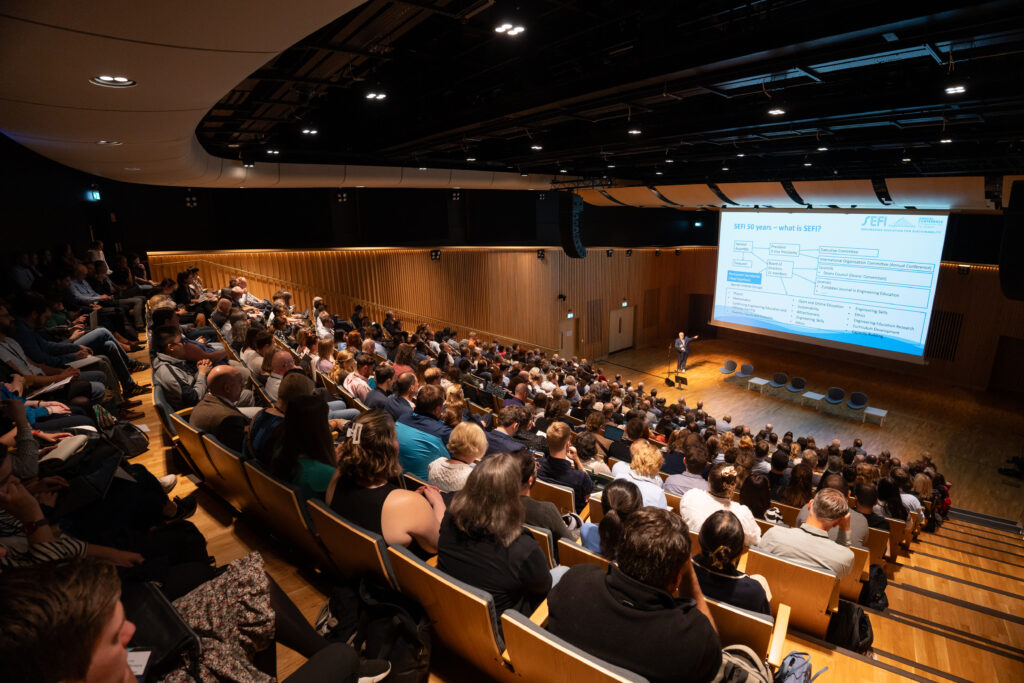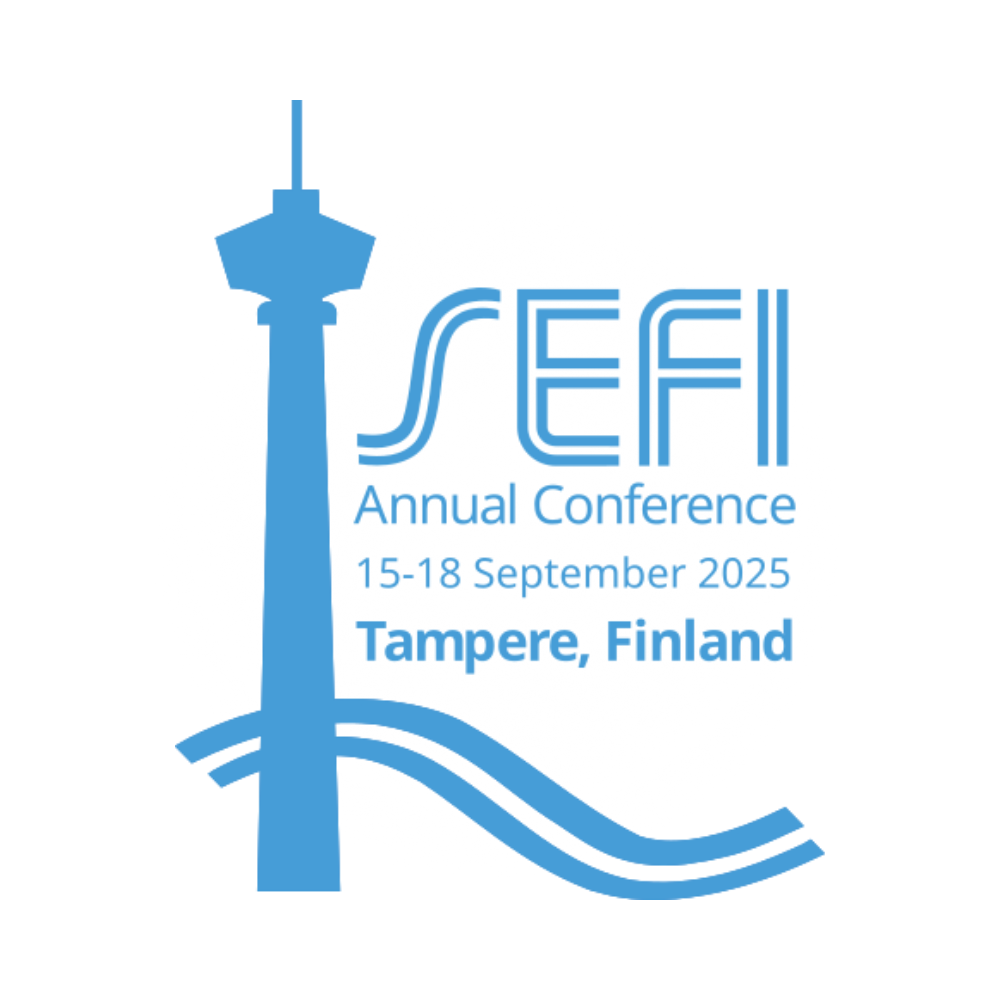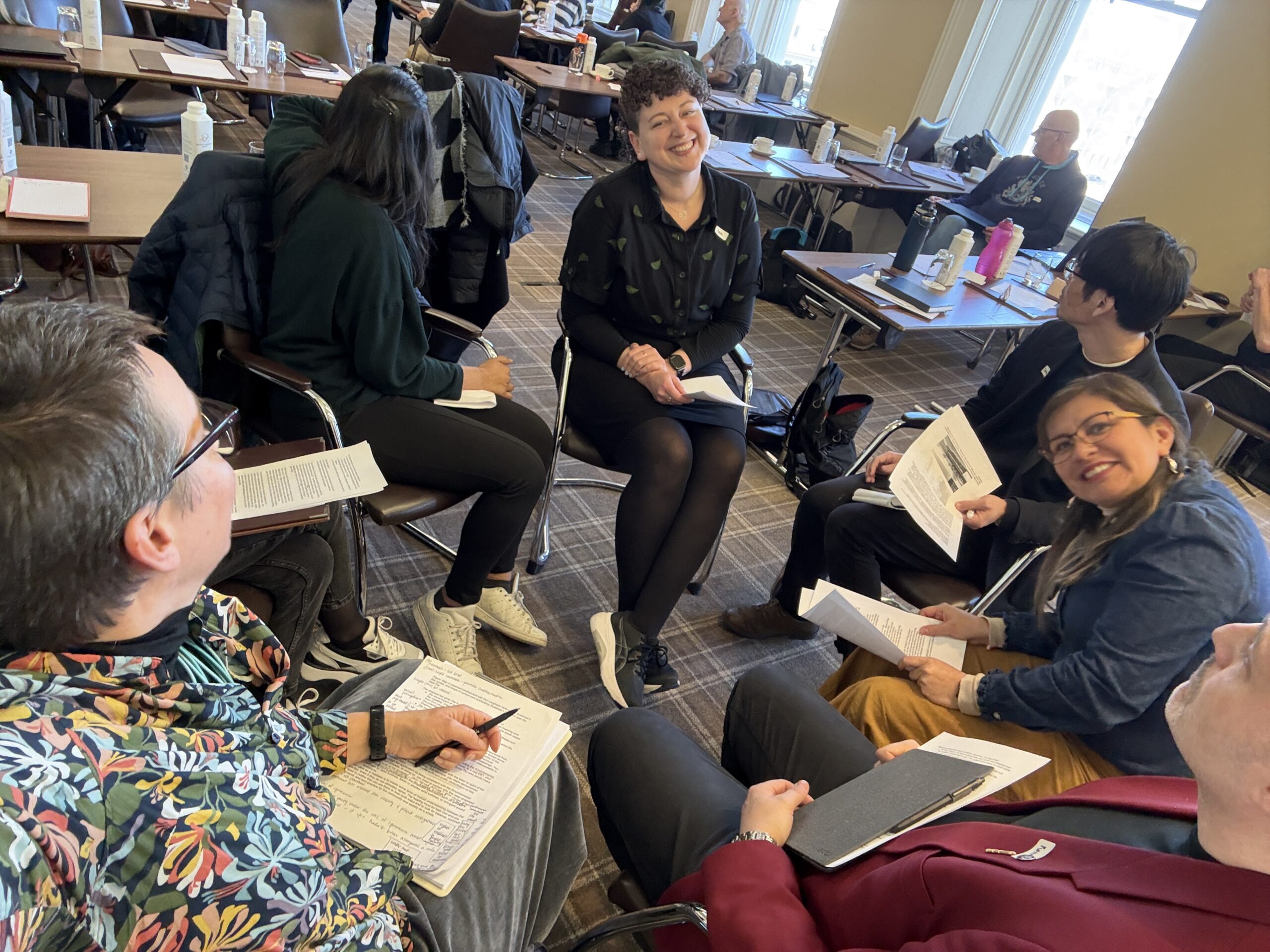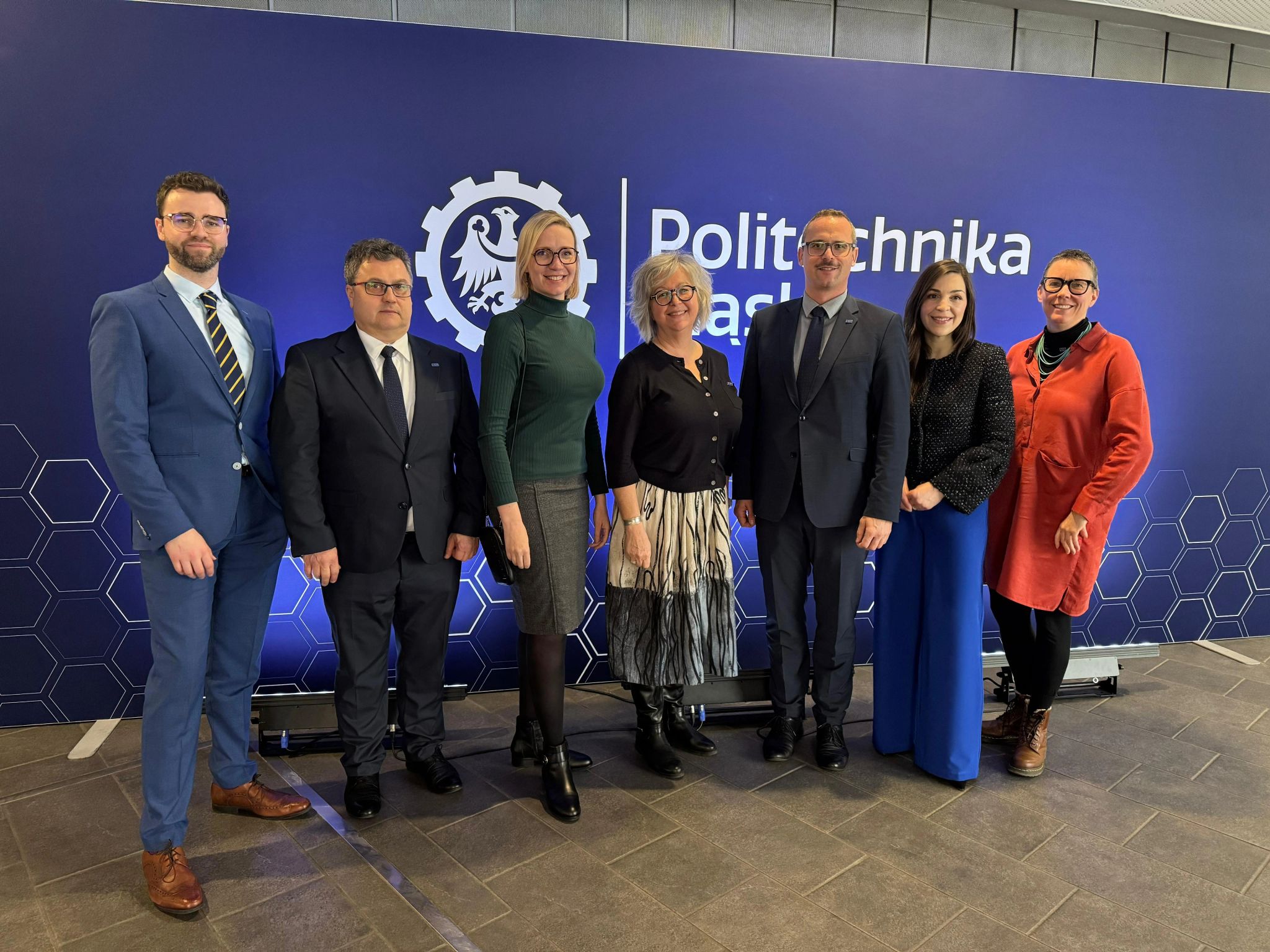We are excited to announce that registrations for the 53rd SEFI Annual Conference are now…
1.
Looking back at the remarkable SEFI 2023 Annual Conference
11-14 September 2023 – TU Dublin
The 2023 SEFI Annual Conference was reflecting on the topic of Engineering Education for Sustainability. Over 575 participants from
40 countries (also outside Europe) enjoyed being part of this “very welcoming community” (participant quote). This is a unique opportunity for teachers, (teacher-)researchers, but also students, and industry to exchange knowledge and perspectives on the complex societal challenges that engineering students need to prepare for.

Adina Imanbayeva: As a newcomer to SEFI, I was impressed and inspired by how the strong sense of community within SEFI creates a close-knit network for collective growth and fosters an honest critical discussion on bettering engineering education.
The opening session addressed Recent trends in engineering education research – how to support change and inclusive futures in engineering education? Publication of the new (open access) International Handbook of Engineering Education Research was highlighted. A new SEFI Journal of Engineering Education Advancement was also launched. In another plenary session, the question Which engineering is needed for AI was central. The (Industry) panel addressed the employers’ dilemma that generative AI applications in the workplace substantially increase efficiency and innovation, and enhance creativity – at the same time, 75% of organizations are implementing or considering bans on generative AI. According to the panel, however, AI is present in every engineering field and there is “no industry out there that can’t benefit”. The panelists presented how AI is transforming customers, which skills are needed to embed AI in engineering design and how students can be prepared. AI engineers need to be specialists in their sub-field; and “To be able to learn easily” is a crucial skill according to a panelist, in addition to ‘hard’ skills such as data science
and statistics.
An inspiring keynote about Interdisciplinary Projects – Moving from transfer to transformation in Learning was held by Anette Kolmos, presenting in-depth research and examples of what interdisciplinarity in engineering education truly means, concluding with recommendations for curriculum development. The EJEE call for a special issue about Interdisciplinary learning and the transformation of engineering education was also highlighted. Ed Byrne’s keynote Contemporary Landscape, Drivers and Developments in Engineering Education for Sustainability warns us intensively about what we probably already know but are still not doing enough about. “There is a crisis, and we can’t deny it”. The society holds us a task, and we need to step up as educators. The audience agrees according to his poll, responding that society/societal attributes of sustainability have the greatest shortfall compared to where they should be. There are steep challenges ahead because sustainability does not only concern technological and social aspects, but also economic, environmental, political, legal, and other ones. Earth has been past its safe limits (referring to a Nature article) and at this moment “we’re making very feeble attempts to address this”, Byrne concludes with big questions and implications for engineering education, such as making sustainability the purpose of all we teach and do.
A large part of the programme was dedicated to a range of interactive formats such as hands-on workshops, presentations, special interest group meetings, and poster presentations where indeed the unique opportunity for participants with different roles and backgrounds to exchange was used intensively and constructively. The conference was concluded with the EPFL – Swiss Federal Institute of Technology – Lausanne, presenting its welcome to join the SEFI 2024 Annual Conference, with the theme of Educating Responsible Engineers. We are looking forward to receiving even more participants next year!
Cindy Poortman and Adina Imanbayeva


